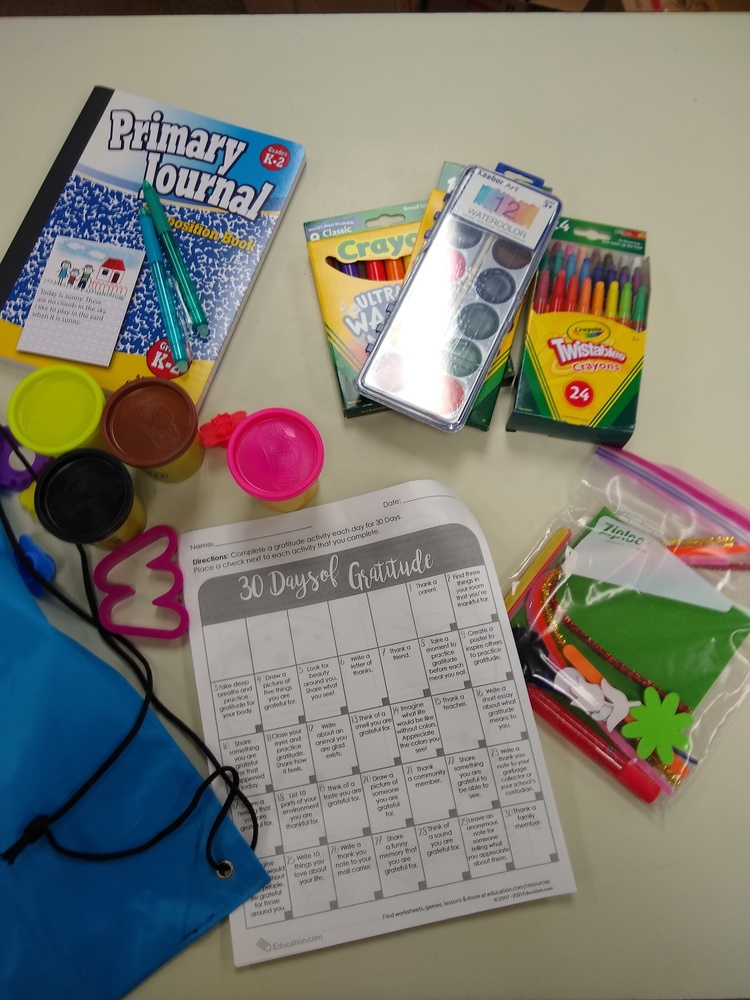
Discover the transformative power of mindfulness journaling as we unveil the top 10 secrets to elevating your life.
In this article, we will explore how daily mindfulness journaling can enhance self-awareness, cultivate gratitude, unleash creativity, and facilitate healing and self-discovery.
Dive into mindful journaling prompts that will inspire you to manifest your dreams, build resilience, and deepen your connection to the present moment.
Prepare to embark on a journey of personal growth, empowerment, and freedom through the art of mindfulness journaling.
The Power of Daily Mindfulness Journaling
How can daily mindfulness journaling transform your life?
By incorporating mindfulness into your daily routine, you can experience profound changes that lead to freedom and personal growth. Daily mindfulness practices, such as journaling, help cultivate self-awareness, reduce stress, and enhance overall well-being.
When you commit to daily mindfulness journaling, you create a sacred space for self-reflection and introspection. It allows you to observe your thoughts, emotions, and experiences without judgment. By writing down your thoughts and feelings, you gain clarity and insight into your inner world, enabling you to make conscious choices and take empowered actions.
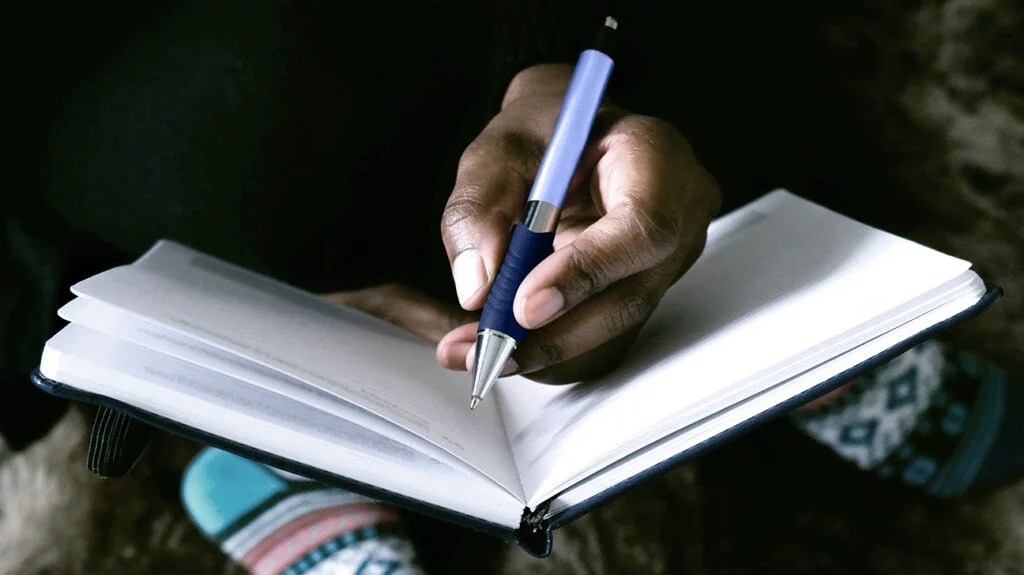
Moreover, mindfulness journaling helps you cultivate gratitude and positivity, as you focus on the present moment and appreciate the blessings in your life. It also acts as a powerful tool for setting intentions, visualizing your goals, and manifesting your desires.
Incorporating daily mindfulness journaling into your routine can be transformative, leading to a life filled with purpose, joy, and freedom. Start today and experience the profound benefits it brings to your life.
Cultivating Gratitude Through Mindfulness Journaling
Cultivating gratitude through mindfulness journaling can have a profound impact on our lives. When we actively focus on the things we are grateful for, we shift our perspective and invite more positivity into our daily experiences.
In this article, we will explore the benefits of gratitude and share practical techniques for incorporating gratitude into our mindfulness journaling practice.
Benefits of Gratitude
One of the key benefits of practicing mindfulness journaling is that it can significantly enhance the cultivation of gratitude in your life. By consciously focusing on the present moment and acknowledging the blessings that surround you, you can foster a deep sense of appreciation and gratitude.
Here are three ways in which mindfulness journaling can help you develop gratitude:
Increased Awareness: Mindfulness journaling allows you to become more aware of the positive aspects of your life, even in the midst of challenges. It helps you shift your focus from what's lacking to what you have, fostering a sense of gratitude for the abundance that already exists.
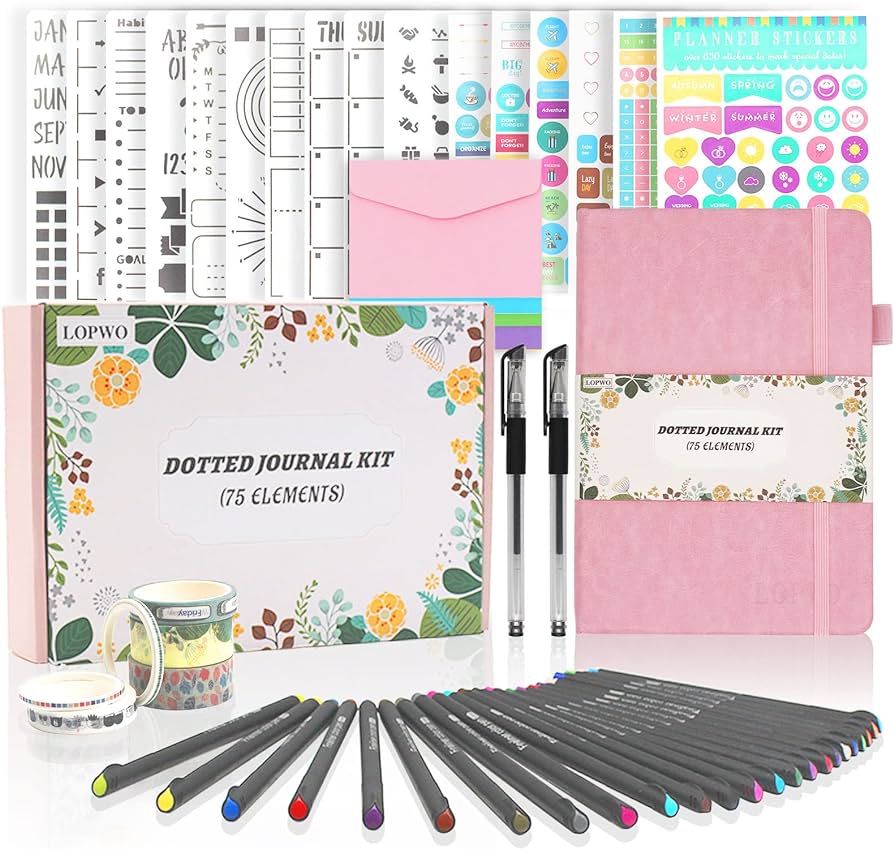
Shift in Perspective: Regular mindfulness journaling can help you reframe negative experiences and see them as valuable lessons or opportunities for growth. This shift in perspective cultivates gratitude by allowing you to appreciate the silver linings in every situation.
Gratitude Ritual: Incorporating gratitude practices into your mindfulness journaling routine creates a daily ritual of acknowledging and expressing gratitude. This intentional act of appreciation helps you cultivate a positive mindset and attract more abundance into your life.
Practicing mindfulness journaling is a powerful tool for fostering appreciation and gratitude, allowing you to experience greater joy and fulfillment in your life.
Techniques for Journaling
Throughout the practice of mindfulness journaling, you can employ various techniques to cultivate gratitude and enhance your overall well-being.
One technique is to explore your emotions through writing. When you allow yourself to express and process your emotions on paper, you gain a deeper understanding of yourself and your experiences. This self-awareness opens the door to gratitude, as you begin to recognize the positive aspects of your life, even in the face of challenges.
Another technique is to use your journal as a tool for overcoming challenges. By documenting your challenges and reflecting on them, you can gain valuable insights and develop strategies for moving forward. This process not only helps you overcome obstacles, but also cultivates resilience and gratitude for the lessons learned along the way.
Incorporating these techniques into your mindfulness journaling practice empowers you to embrace gratitude as a way of life. It allows you to find beauty and appreciation in every moment, even during difficult times.
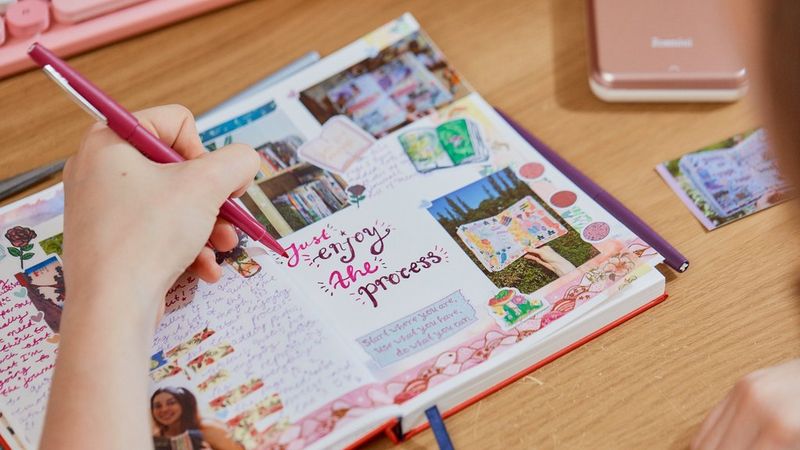
Unleashing Your Creativity With Mindful Journaling Prompts
By incorporating mindful journaling prompts into your daily writing practice, you can unlock and unleash your creativity in ways you never thought possible. Mindful journaling prompts provide a structured way to explore your emotions and find inspiration for your creative endeavors.
Here are three powerful prompts that can help you tap into your inner creativity:
Reflect on a time when you felt truly alive and inspired. What were the circumstances? What emotions did you experience? How can you recreate that feeling in your current creative pursuits?
Write about a challenge you are currently facing. How can you approach this challenge from a different perspective? What creative solutions can you brainstorm?
Describe a place or environment where you feel most inspired. What elements of that space can you incorporate into your daily life to nurture your creativity?
Using these prompts, you can delve deep into your emotions and find the inspiration you need to unleash your creative potential. Let your journal be your guide on this transformative journey.
Healing and Self-Discovery Through Mindfulness Journaling
Journaling is not just a means of documenting our experiences, but also a powerful tool for healing and self-discovery.

Through self-reflection, we can gain a deeper understanding of ourselves, our emotions, and our patterns of thinking.
By expressing our thoughts and feelings on paper, we can release emotional burdens, find clarity, and uncover hidden truths that may have been hiding beneath the surface.
Mindfulness journaling offers us the opportunity to embark on a journey of healing and self-discovery, leading to a more fulfilling and authentic life.
Self-Reflection Through Writing
Self-reflection is a powerful tool that can lead to healing and self-discovery through the practice of mindfulness journaling. By engaging in self-reflection through writing, we can gain a deeper understanding of ourselves, our emotions, and our experiences.
Here are three techniques that can enhance the impact of self-reflection:
Free Writing: Set aside a specific time each day to write freely without judgment or self-editing. Allow your thoughts and feelings to flow onto the page, exploring your innermost thoughts and emotions.
Prompt-based Writing: Use prompts to guide your self-reflection. These prompts can be specific questions or statements that encourage you to delve deeper into your thoughts, such as 'What am I grateful for today?' or 'What challenges am I currently facing?'
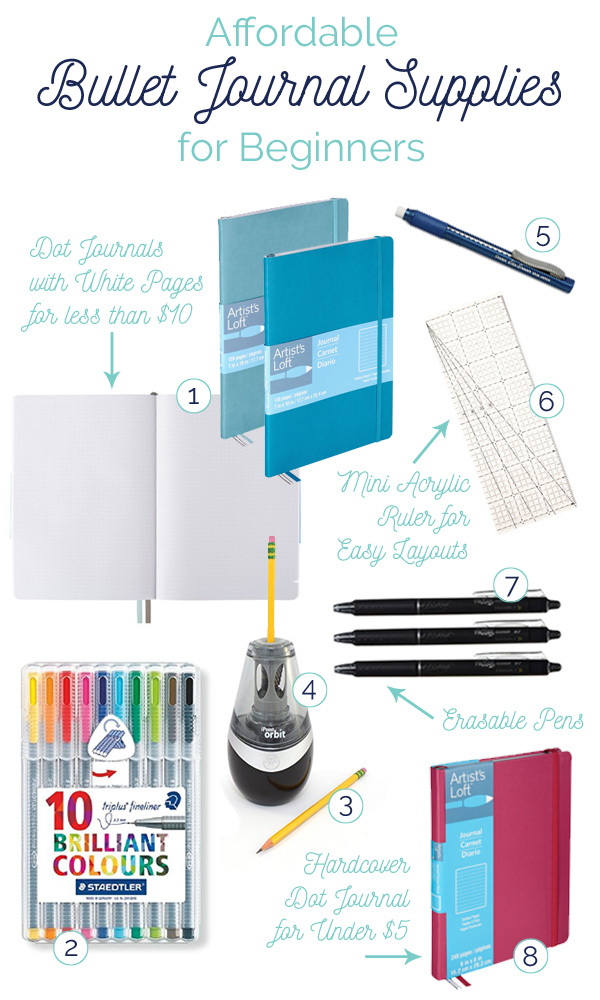
Visualization Writing: Imagine yourself in a peaceful setting and describe it in detail. This technique helps to create a sense of calm and allows for deeper self-reflection.
Through these self-reflection techniques, we can uncover hidden truths, release emotional baggage, and gain clarity on our path towards personal growth and freedom.
Emotional Healing Through Journaling
Emotional healing can be achieved and self-discovery can be fostered through the practice of mindfulness journaling, allowing individuals to cultivate a deeper understanding of their emotions and experiences. Journaling provides a safe and non-judgmental space to express and process our feelings. By writing down our thoughts, emotions, and experiences, we can gain clarity and insight into our inner world.
To enhance emotional healing through journaling, there are various techniques one can incorporate. One effective technique is to write freely and without censorship, allowing the emotions to flow onto the page. Another technique is to practice gratitude journaling, where we focus on the positive aspects of our lives and acknowledge the things we are grateful for. Additionally, using prompts or questions can help us delve deeper into our emotions and uncover underlying beliefs or patterns.
In addition to emotional healing techniques, self-care practices are also crucial in the process of journaling for healing and self-discovery. Taking time for ourselves, engaging in activities that bring us joy and relaxation, and prioritizing our physical and mental well-being are all essential self-care practices that can support our emotional healing journey.
Uncovering Hidden Truths
Through the practice of mindfulness journaling, individuals can access deep self-reflection and uncover hidden truths that lead to healing and self-discovery. Mindfulness journaling provides a safe space to explore and express our innermost thoughts and emotions, allowing us to uncover hidden emotions that may have been buried or ignored. By writing down our thoughts and feelings without judgment or censorship, we can gain a greater understanding of ourselves and our experiences.
Exploring personal growth is another powerful aspect of mindfulness journaling. By regularly engaging in this practice, we can track our progress, identify patterns, and set goals for personal development. Journaling allows us to reflect on our actions, thoughts, and beliefs, enabling us to make conscious choices that align with our values and aspirations.
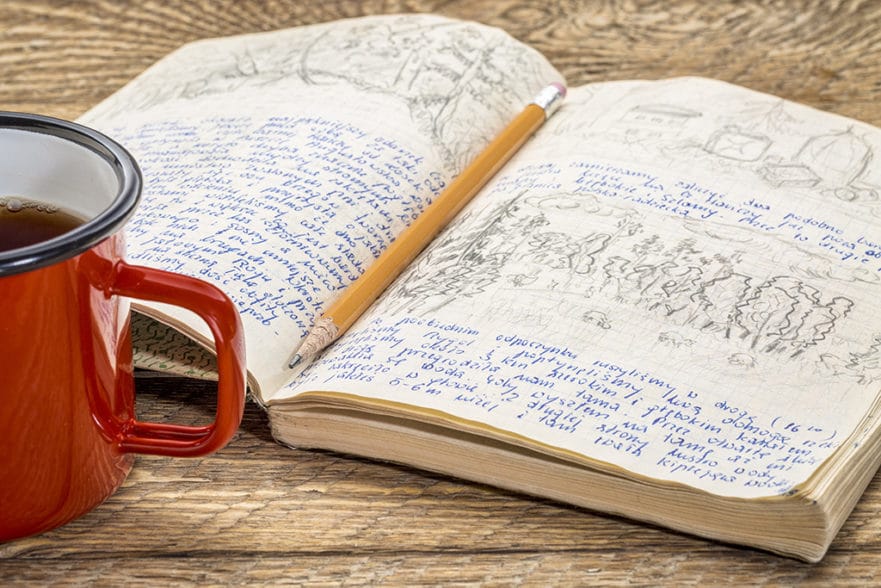
Enhancing Self-Awareness Through Mindfulness Journaling
Enhancing awareness of one's thoughts and behaviors can be achieved through the practice of mindfulness journaling. By dedicating time to reflect on our experiences and inner thoughts, we gain valuable insights into our patterns, emotions, and beliefs. Mindfulness journaling provides a safe space for self-expression and self-discovery, allowing us to explore our true selves without judgment or limitation.
Through the act of writing, we tap into our creativity and unlock new perspectives. Journaling helps us to uncover hidden thoughts and uncover the truth that lies beneath the surface. It allows us to dig deeper and understand the motivations behind our actions, leading to a greater sense of self-awareness.
By regularly engaging in mindfulness journaling, we become more attuned to our emotions and reactions, enabling us to make conscious choices that align with our values. We gain clarity on what truly matters to us, and this newfound awareness empowers us to live a life of authenticity and freedom.
Incorporating mindfulness journaling into our daily routine is a transformative practice that enhances our self-awareness, fosters personal growth, and enriches our overall well-being.
Mindfulness Journaling for Stress Reduction
By incorporating daily mindfulness journaling practices and utilizing effective stress reduction techniques, individuals can experience a significant decrease in their overall stress levels.
Mindfulness journaling allows individuals to become more aware of their thoughts, emotions, and reactions, which can help them identify and address the underlying causes of their stress. It provides a safe space for individuals to express and process their feelings, reducing the negative impact of stress on their mental health.
Here are three ways mindfulness journaling can aid in stress reduction:
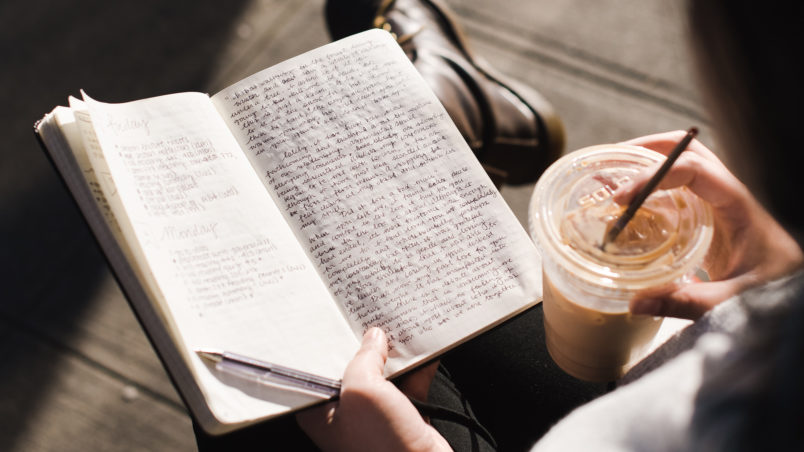
Promotes self-reflection: Journaling encourages individuals to reflect on their experiences and gain insights into their stress triggers and patterns.
Enhances self-care: Mindfulness journaling allows individuals to prioritize self-care by identifying activities and practices that help them relax and recharge.
Fosters gratitude: Journaling about the positive aspects of life can shift focus from stressors to feelings of gratitude, promoting a more positive mindset.
Incorporating mindfulness journaling into daily routines can be a powerful tool for stress management and improving mental health.
Manifesting Your Dreams With Mindfulness Journaling
To achieve your dreams and aspirations, it is important to combine the practice of mindfulness journaling with focused intention.
Mindfulness journaling for goal setting is a powerful tool that can help you manifest your dreams into reality. By writing down your goals and desires in a journal, you are able to clarify and solidify them in your mind. This process allows you to become more aware of what you truly want and helps you stay focused on your dreams.
Additionally, using affirmations in mindfulness journaling can further enhance the manifestation process. Affirmations are positive statements that reinforce your beliefs and desires. By writing affirmations in your journal, you are programming your subconscious mind to align with your goals, making them more likely to come to fruition.

Building Resilience and Inner Strength Through Mindfulness Journaling
With the practice of mindfulness journaling, individuals can cultivate resilience and inner strength. Journaling allows us to explore our thoughts and emotions, providing a safe space to reflect and grow.
Here are three ways mindfulness journaling can help build resilience and inner strength:
Self-reflection: By writing about our experiences and challenges, we can gain a deeper understanding of ourselves and our reactions. This self-awareness enables us to make better choices and develop healthier coping mechanisms.
Gratitude practice: Expressing gratitude in our journal helps shift our focus to the positive aspects of our lives. This cultivates resilience by reminding us of the good things, even during challenging times.
Affirmations: Writing affirmations can help reframe negative thoughts and beliefs. By repeating positive statements, we can strengthen our inner resolve and build resilience in the face of adversity.
Through the power of mindfulness journaling, we can build resilience and cultivate inner strength, allowing us to navigate life's challenges with grace and courage.
Deepening Your Connection to the Present Moment Through Mindfulness Journaling
One key way to enhance your experience of the present moment is through the practice of mindfulness journaling. Mindfulness journaling allows you to deepen your connection to the present moment by bringing your attention to the here and now. It is a powerful tool that can help you cultivate a sense of calm and clarity in your daily life.
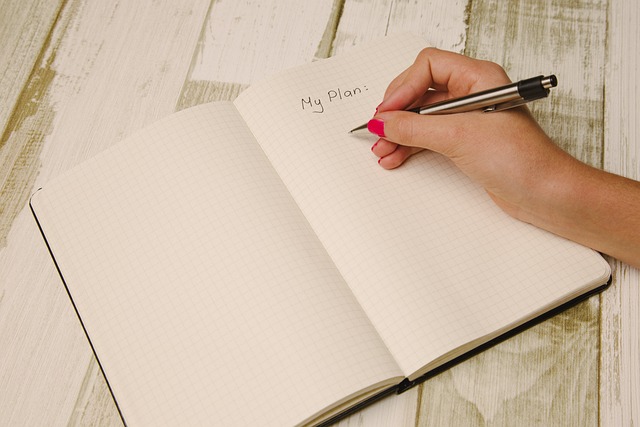
To incorporate mindfulness into your daily routine, set aside a few minutes each day to sit in quiet reflection and write down your thoughts, feelings, and observations. As you engage in this practice, focus on your breath, noticing the sensations of each inhale and exhale. Allow yourself to become fully present in the act of writing and let go of any distractions or worries.
Mindfulness journaling can also be a helpful technique for stress reduction. By bringing your attention to the present moment, you can release any anxious thoughts or worries about the future. As you write, let go of judgment and simply observe your experiences without attachment. Notice any patterns or triggers that cause stress and use your journal as a tool for self-reflection and growth.
Incorporating mindfulness into your daily life through journaling can help you cultivate a greater sense of peace and well-being. By deepening your connection to the present moment, you can experience a newfound freedom and joy in each moment.
Creating a Positive Mindset With Mindfulness Journaling
Creating a positive mindset is crucial for personal growth and happiness.
Mindfulness journaling can be a powerful tool in cultivating this positive mindset.
Benefits of Mindfulness Journaling
The benefits of mindfulness journaling extend beyond simply creating a positive mindset.
By incorporating this practice into your daily routine, you can develop self-compassion and improve mental clarity.

Mindfulness journaling allows you to cultivate a deep sense of self-compassion by providing a safe space for self-reflection and self-expression.
As you write down your thoughts and emotions, you begin to understand and accept yourself on a deeper level, fostering a kinder and more compassionate relationship with yourself.
Additionally, mindfulness journaling enhances mental clarity by helping you organize your thoughts and gain a clearer perspective on your life.
By putting your thoughts on paper, you can identify patterns, recognize limiting beliefs, and find solutions to challenges.
This practice empowers you to make informed decisions and take action towards creating the life you desire.
Techniques for Positive Mindset
By implementing specific techniques, such as reframing negative thoughts and practicing gratitude, you can cultivate a positive mindset through mindfulness journaling.
One technique is to use positive affirmations. These are powerful statements that can help reprogram negative beliefs and replace them with positive ones. Write down affirmations that resonate with you and read them aloud every day. This will help shift your mindset towards positivity and abundance.
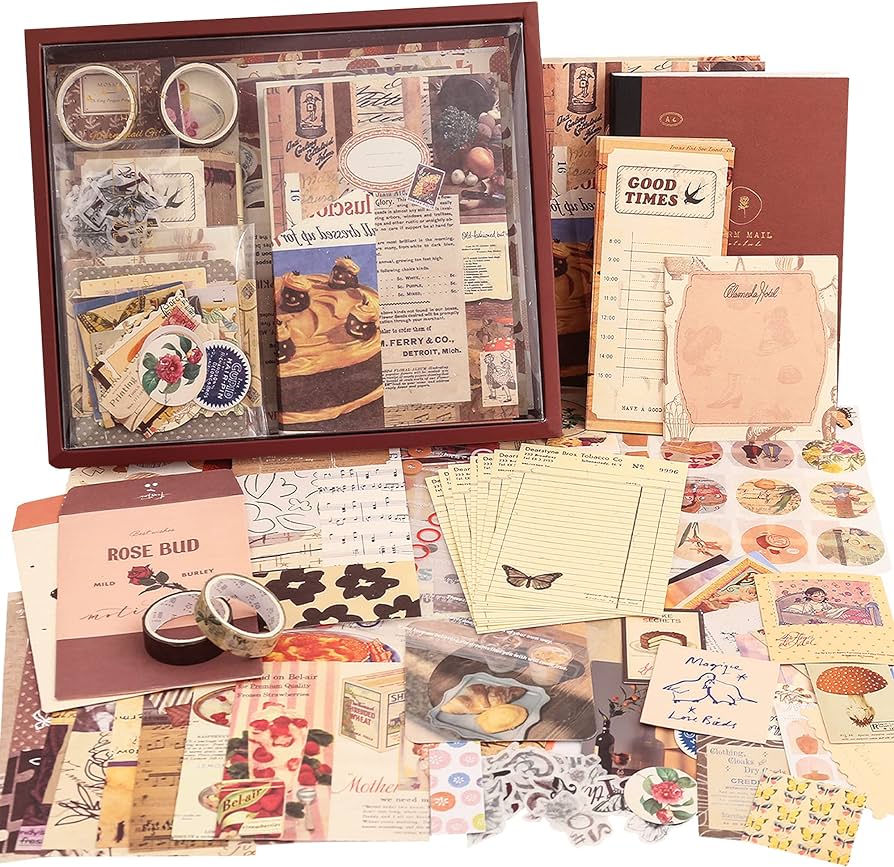
Another technique is to reframe negative thoughts. Whenever you catch yourself thinking negatively, challenge those thoughts and replace them with positive alternatives. For example, if you catch yourself thinking, 'I can't do this,' reframe it as, 'I am capable of overcoming any challenge.'
Practicing gratitude is also essential. Take a few minutes each day to write down things you are grateful for. This will shift your focus towards the positive aspects of your life and help you maintain a positive mindset throughout the day.
Frequently Asked Questions
How Long Should I Spend Journaling Each Day to Experience the Benefits of Mindfulness?
To experience the benefits of mindfulness through journaling, it is recommended to spend at least 10-15 minutes each day. Consistent journaling allows for self-reflection, increased self-awareness, and improved mental and emotional well-being.
Can Mindfulness Journaling Help With Overcoming Past Traumas and Emotional Wounds?
Mindfulness journaling has the potential to aid in overcoming past traumas and healing emotional wounds. By fostering self-awareness, reflection, and self-compassion, it provides a safe space to explore and process these experiences, leading to personal growth and healing.
What Are Some Effective Mindful Journaling Prompts for Boosting Self-Confidence?
Boosting self-esteem and cultivating self-acceptance are important goals in mindful journaling. Effective prompts may include exploring personal strengths, celebrating accomplishments, and challenging negative self-talk. These practices can empower individuals to embrace their worth and live authentically.
Can Mindfulness Journaling Help Improve Relationships With Others?
Mindfulness journaling can significantly improve communication and build empathy in relationships. By cultivating self-awareness and reflection, individuals can better understand their emotions and reactions, leading to more meaningful connections with others.
When practicing mindfulness journaling, it can be beneficial to have a specific format or structure. This provides a framework for reflection and helps to focus your thoughts. A structured approach can enhance the benefits of mindfulness and make your practice more effective.
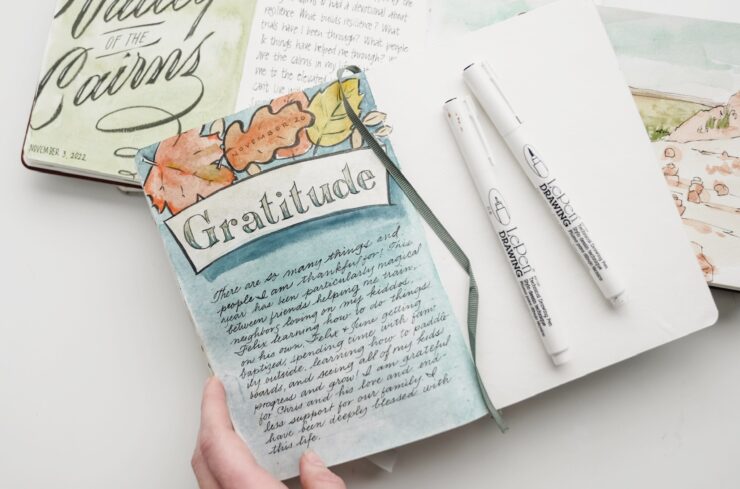
 Writing TipsCreative WritingJournalingSketching TechniquesBuying GuidesPrivacy PolicyTerms And Conditions
Writing TipsCreative WritingJournalingSketching TechniquesBuying GuidesPrivacy PolicyTerms And Conditions
